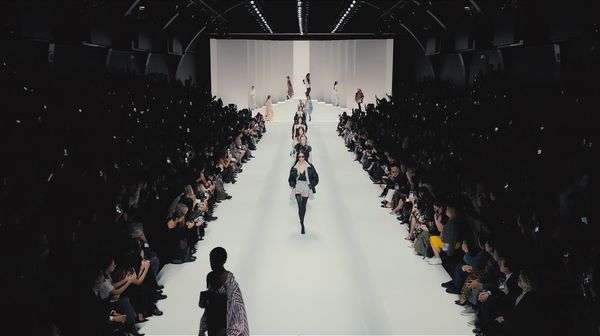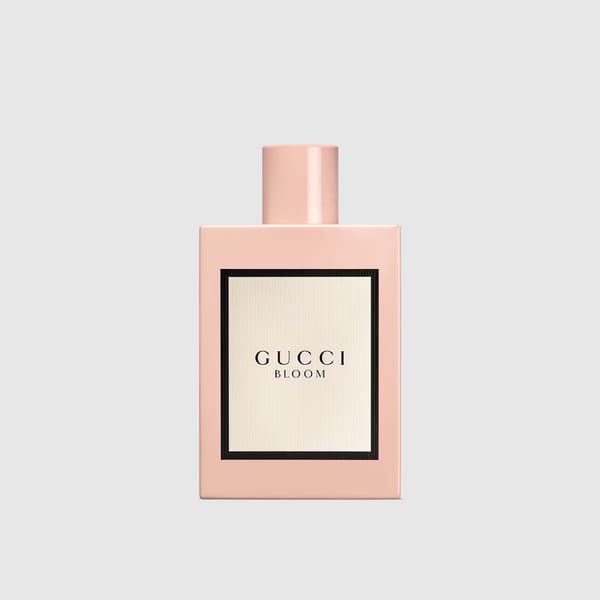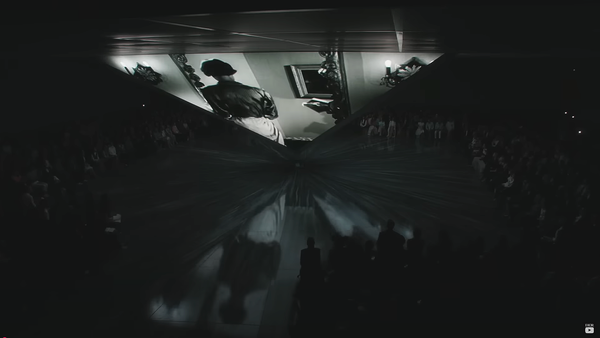Alexander McQueen—Left Behind
Alexander McQueen’s vision was never the problem—the industry’s memory is.
The Beginning
There was never anything wrong with Alexander McQueen’s vision. He understood fashion as something more than fabrics and trends. For him, it was a ritual release with a touch of rebellion. Every garment constructed was visualized as a page torn from history, art, or a story most designers were—and still are—too afraid to face. And for a while, the brand he built carried that fire.
Now? It flickers in the shadow of business logic.
Early Life
Born on March 17, 1969, Lee Alexander McQueen was a visionary fashion designer long before the fashion industry knew how to define one. By the time of his death in February 2010, he had transformed runway into theater, emotion into silhouettes, and mental challenges into sharp, cultural critiques. His work was explosive—not because it demanded attention, but because it didn’t ask for permission.
I remember being in my senior year of high school, tasked with giving a presentation on something that mattered to me—a bridge into my class’s future college majors. Mine was Fashion Merchandising. And my mind went straight to Alexander McQueen as my presentation topic. I admired his work, yes—but more than that, I admired his mind. His discipline was brutal. His darkness, well… relatable. I saw myself in him. Calculated and chaotic.
It was fascinating to see my classmates—young, distracted, waiting for the bell to ring—sit in awe during my presentation about a fashion designer who faced mental health struggles and passed away far too soon. I didn't expect them, or anyone, to care. But they did. Like I idolized him, they found personal connections with the brilliant fashion designer and his work.
A Deep Connection
McQueen didn’t just design—he translated feeling.
Misunderstood and controversial at the time, his Highland Rape collection was personal, politically charged, deeply rooted in trauma and history. It came as a shock to some then. Today, it would probably be more digestible. His Plato’s Atlantis collection? Otherworldly. Artistically designed in a language all its own. A fashion divination that still outpaces what most brands call a "direction" today.
That’s what McQueen did best: he spoke without speaking. His pieces carried power, and his brand carried his DNA. Until it didn’t.
What's Left Behind
Since the departure of Sarah Burton and the appointment of Sean McGirr as creative director, the shift has been obvious. The garments, accessories, and brand image no longer pulse with the same subversive electricity.
Where is the storytelling? The rawness? The edge?
McQueen’s skulls—once an emblem of beauty-meets-death—are barely present in current collections. The accessories feel watered down, missing that mix of elegance and eeriness. Instead of creative liberation, we’re seeing creative constriction. What once was visionary is now budget-aligned.
Even at a mass product level, the transformation is clear:
- Fewer statement pieces
- Less experimental tailoring
- A move toward conventional silhouettes and safer color palettes
This isn’t evolution—it’s evaporation.
Editor’s Note:
We wear fashion—especially high fashion—because it speaks to us. It's a visual representation of our second voice that our inner voice agrees with. But when a label sells offerings that have a voice controlled by them, it becomes useless.
Today, there’s a vacuum where McQueen’s intensity used to live. The fashion house hasn’t just lost its founder—it’s lost its frequency. The message has gone quiet, edited for mass appeal, budget planning, and data-driven designs.
And the irony? The man behind the brand never created for approval. He created for release.
In a fashion era obsessed with “relatability,” we must not forget the value of wonder. McQueen didn’t just make clothes—he made you feel. Sometimes uncomfortable. But never indifferent.
It’s time the brand remembers that. Not through nostalgia, but through reinvention that honors expression over sales projections.
Bring back the narrative. Bring back the tension. Bring back the madness.
Fashion needs brands that scare us a little. A reminder that art isn’t always clean. A message that challenges the industry—not just reflects it.
Alexander McQueen was right on track. But today, the brand carries his name without carrying his essence.

[Previous Revision] - Prada FW25 Womenswear: When Timelessness Doesn’t Speak Loud Enough






